Bangladesh to hold elections in late 2025 or early 2026
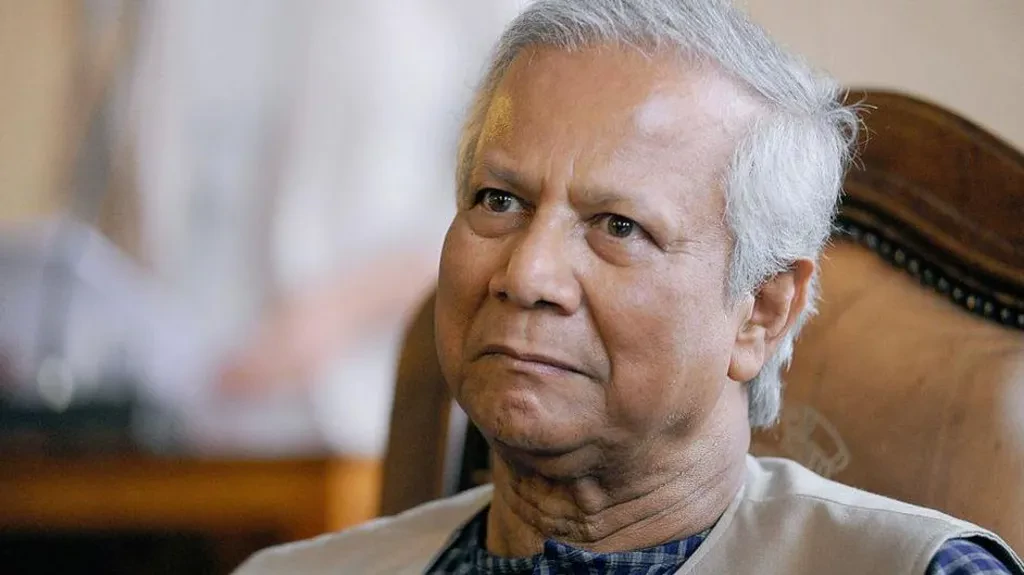
DHAKA, December 16 — Bangladesh's interim leader Muhammad Yunus, who heads the caretaker government installed after an August revolution, said Monday that general elections would be held late next year or in early 2026.
Pressure has been growing on Nobel Peace Prize winner Yunus -- appointed the country's "chief adviser" after the student-led uprising that toppled ex-premier Sheikh Hasina in August -- to set a date.
The 84-year-old microfinance pioneer is leading a temporary administration to tackle what he has called the "extremely tough" challenge of restoring democratic institutions in the South Asian nation of about 170 million people.
"Election dates could be fixed by the end of 2025 or the first half of 2026," he said in a broadcast on state television. Hasina, 77, fled by helicopter to neighbouring India as thousands of protesters stormed the prime minister's palace in Dhaka.
Hundreds of people were killed in the weeks prior to Hasina's ouster, most by police gunfire. Scores more died in the hours after her toppling, largely in reprisal killings against prominent supporters of her Awami League party. Her government was also accused of politicising courts and the civil service, as well as staging lopsided elections, to dismantle democratic checks on its power.
Hasina's 15-year rule saw widespread human rights abuses, including the mass detention and extrajudicial killings of her political opponents. - 'Voting rights' - Yunus has launched commissions to oversee a raft of reforms he says are needed, and setting an election date depends on what political parties agree. "Throughout, I have emphasised that reforms should take place first before the arrangements for an election," he said.
"If the political parties agree to hold the election on an earlier date with minimum reforms, such as having a flawless voter list, the election could be held by the end of November," he added. But including the full list of electoral reforms would delay polls by a few months, he said. Key among the reforms needed is an updated voter list, a "complex" challenge after years of turbulent democratic processes, requiring both the stripping of false names from lists, alongside registering first time voters in a rapidly growing youth population, he said.
Yunus said he dreamed of "ensuring 100 percent voter turnout" in polls. "If this can be achieved, no government will ever dare to strip citizens of their voting rights again," he said. Bangladesh last held general elections in January when Hasina celebrated victory -- poll denounced as neither free nor fair and boycotted by rivals after a crackdown during which thousands of opposition party members were arrested. Former opposition groups, such as the Bangladesh Nationalist Party (BNP), are now rebuilding after years of repression under Hasina.


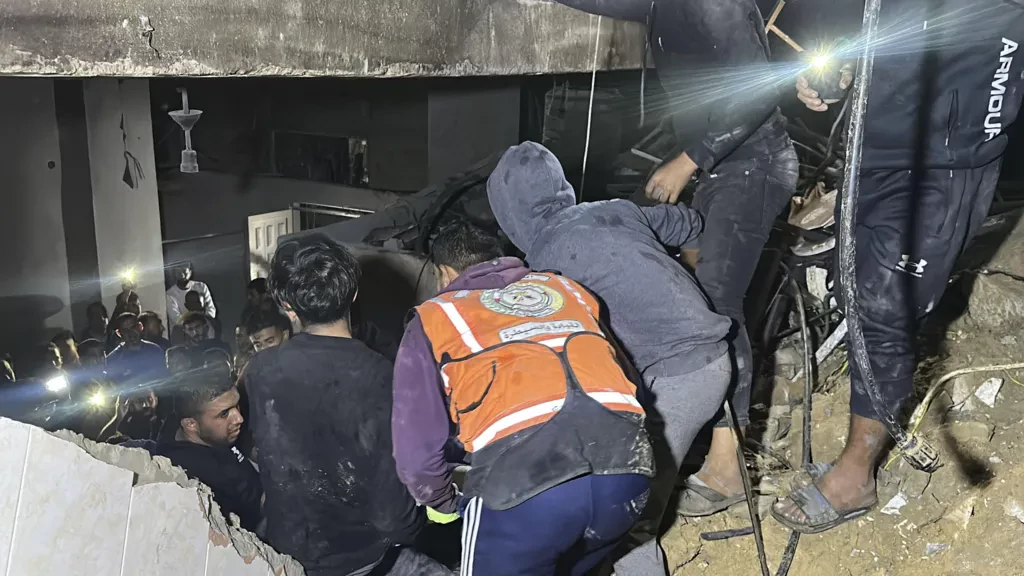
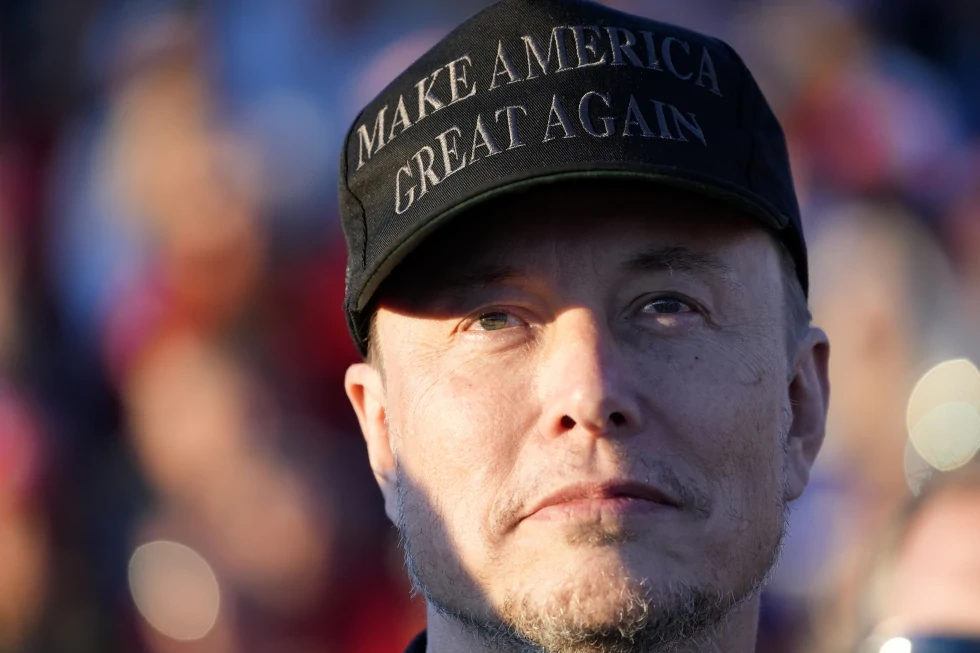
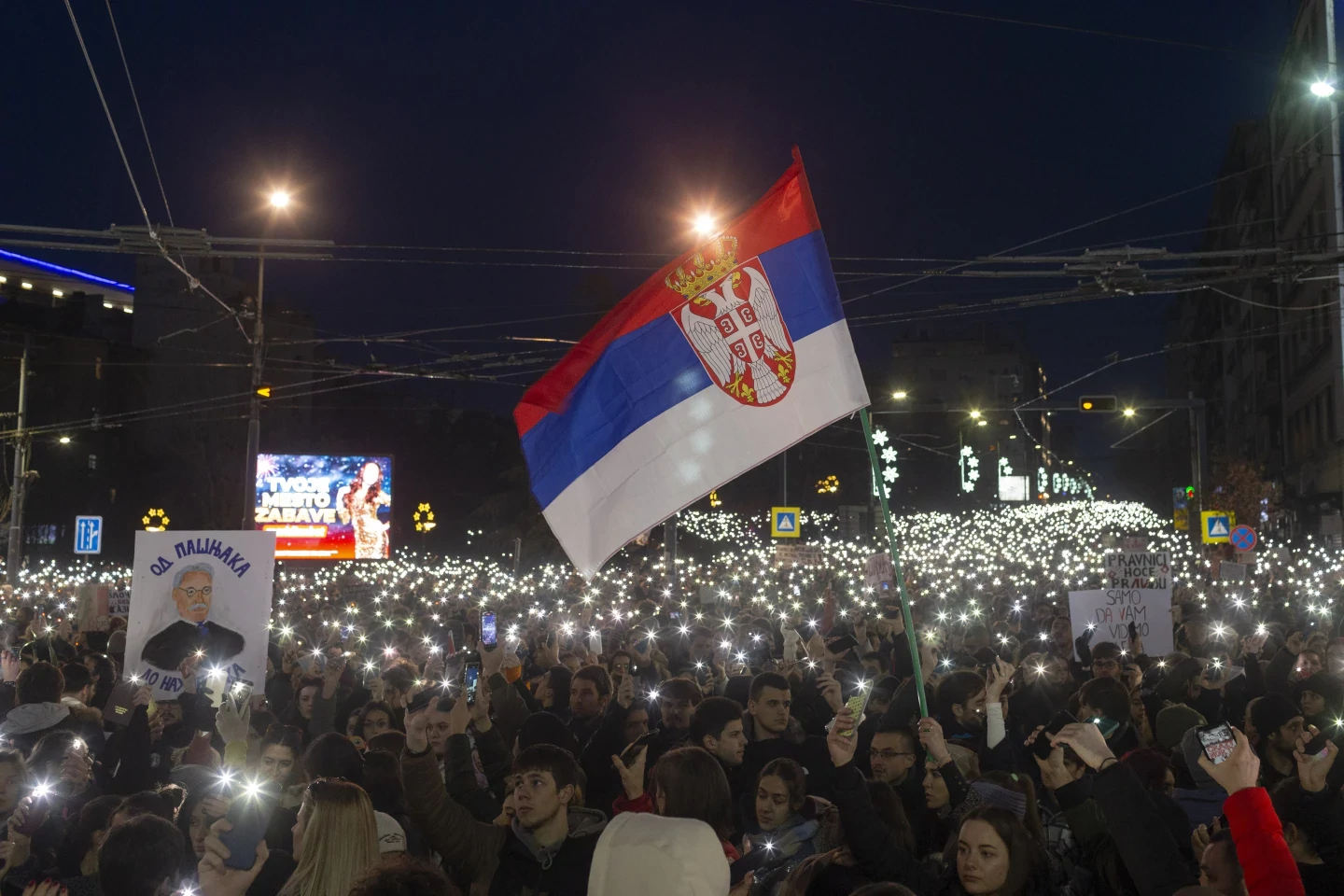
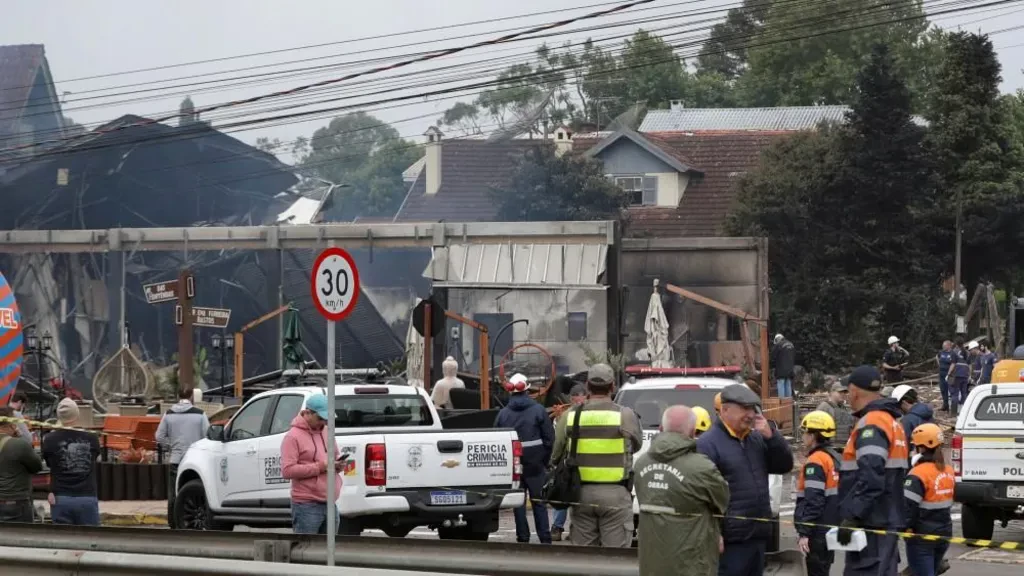
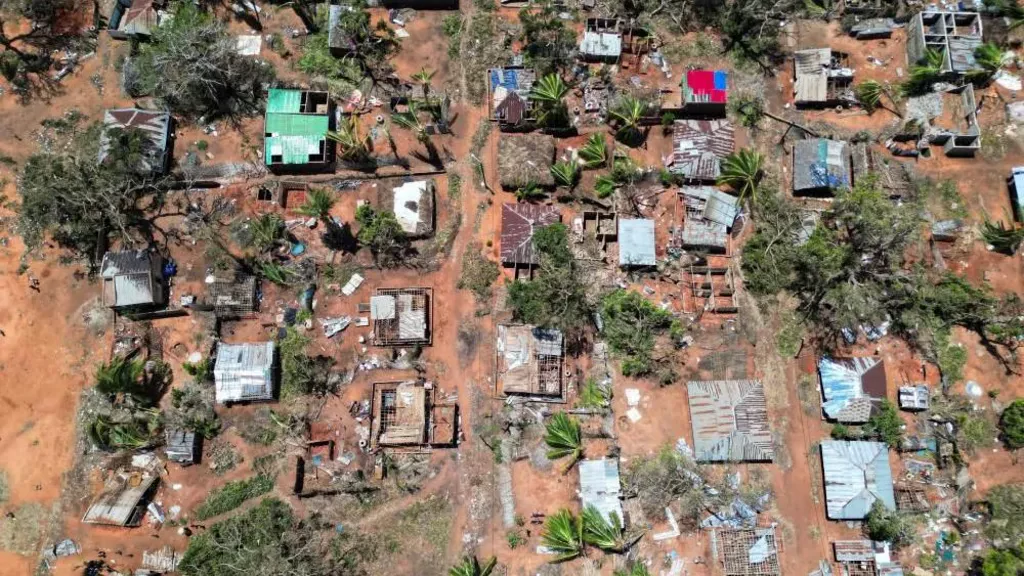
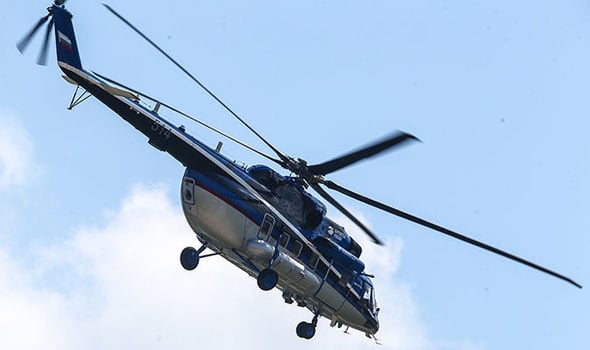
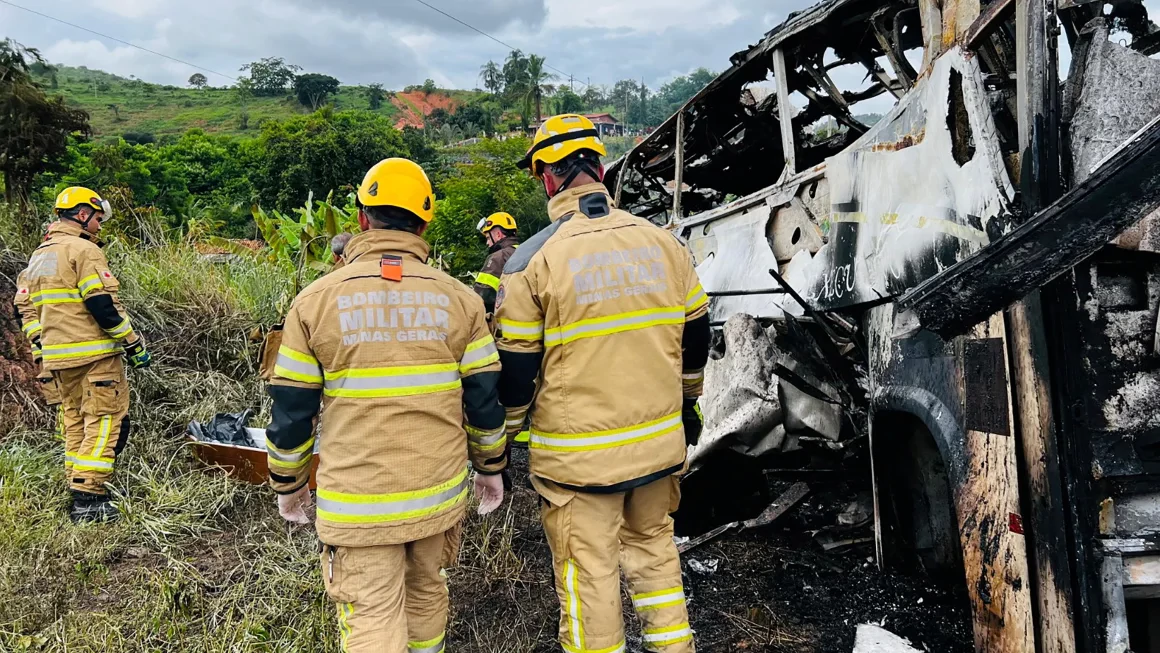
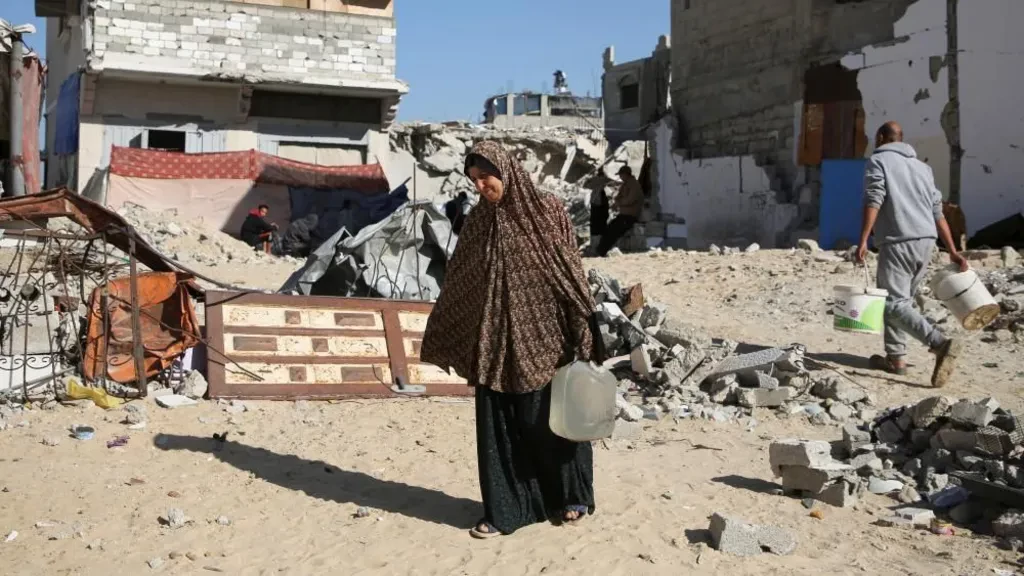
Leave Comment